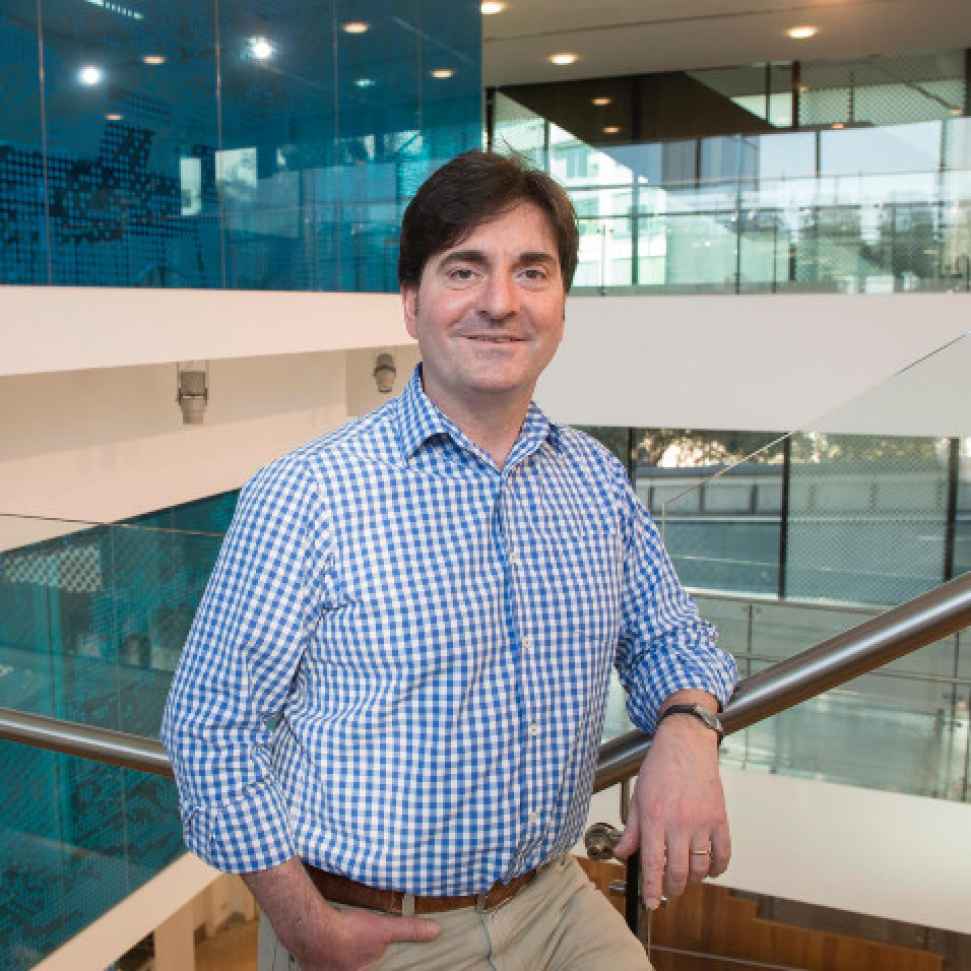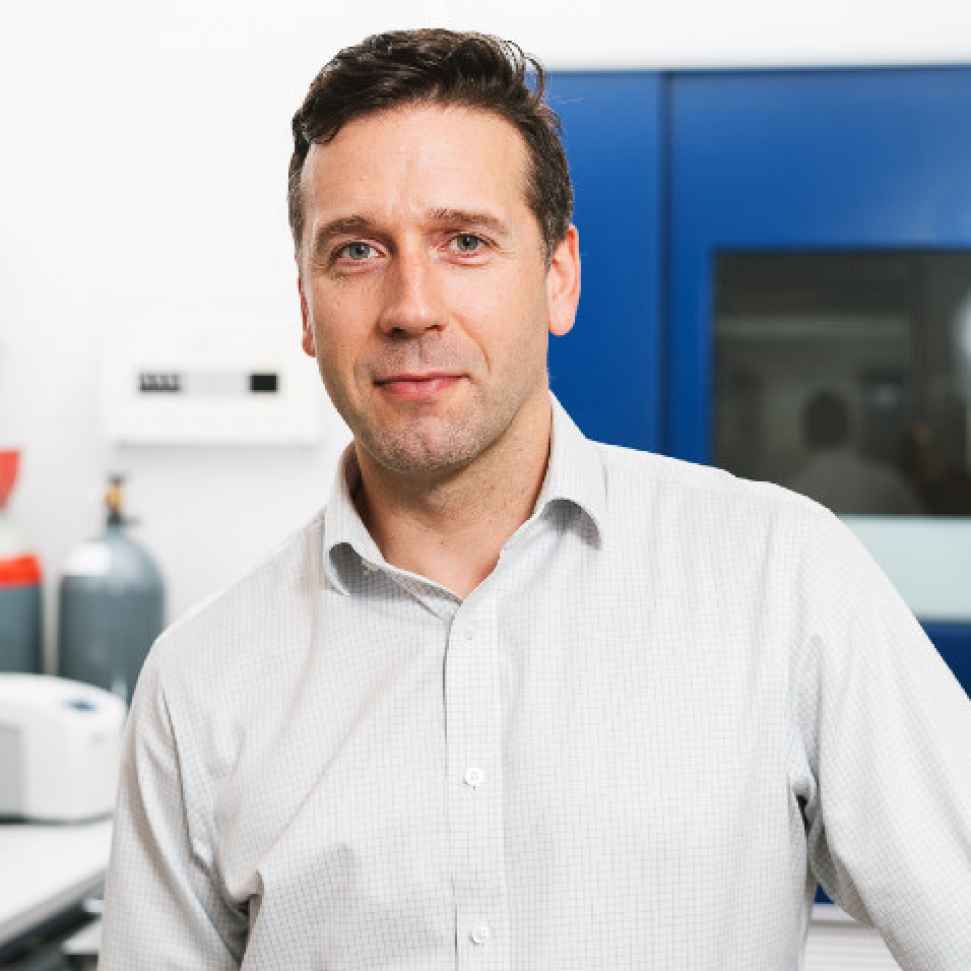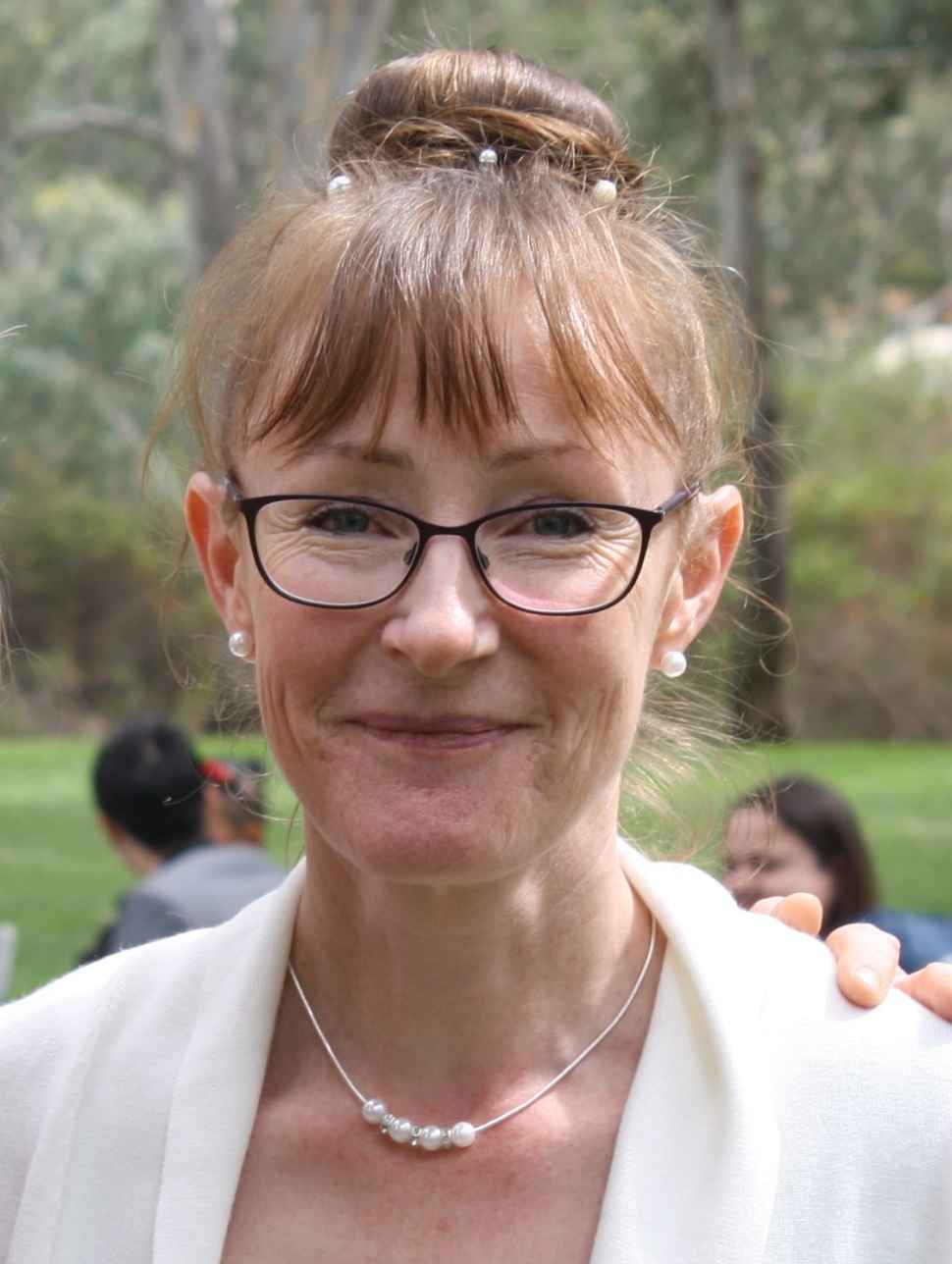discovery
Biosciences
To cure disease and improve health, we first need to know more about how the body works.
Our researchers are undertaking cutting-edge research to find scientific solutions to clinical dilemmas.
We are making discoveries across an array of research programs including defining the complex mechanisms underlying the microbiome-gut-brain axis, identifying novel molecules responsible for cancer-causing mutations, tackling immunity resistant bacteria and creating novel approaches to providing new medical treatments.
Research programs
Flinders is world renowned for its cancer research. We are recognised for our work in cancer survivorship, focusing on patients living with cancer, living after cancer, and living well. Similarly, the new Wellness Centre in the Flinders Centre for Innovation in Cancer will provide an impetus to develop novel strategies that help our patients cope with their cancer journey.
By studying how the body reacts and responds to cancer treatments at a molecular level, we have made pivotal clinical discoveries that help prevent unnecessary chemotherapy, through personalised medicine. These findings spare both our patients and the health budget.
As we operate within an integrated cancer centre, our generous patients provide the resource for fundamental discovery. The establishment of several Biobanks, including the Flinders Biobank and the SA Neurological Tumour Bank, provides an extensive library of tumour, and matched normal, tissue for analysis. Flinders has been at the forefront of cancer prevention and early screening, with a significant role in the implementation of the National Bowel Cancer Screening program and the development of newer screening technologies, including the 2017 Eureka prize winning Colvera blood test. This continues with further nucleic acid tests being developed for a variety of cancers from brain, head and neck, the gastrointestinal tract and prostate. Historically, we have been world leaders in the detection of residual disease for blood cancers and this legacy continues with exciting research in leukaemia and multiple myeloma.
We seek to optimise the use of chemotherapy by developing real-time monitoring of drug responses, again personalising the treatment of our patients. To develop novel drugs, several Flinders groups study how cancers develop and sustain themselves, with a view to identifying Achilles Heels that can be exploited to kill tumours, or to prevent other hormone treatments from promoting cancer in the first place.
Our body is constantly responding to and fighting immune challenges from the world around us. Our researchers are looking at immune responses to antibiotics early in life and investigating deadly viruses like dengue and zika virus. Growing our understanding of the human body’s immune responses is vital for tackling emerging health challenges.
We are looking at so-called superbugs which are presenting serious challenges as they threaten the spread of antibiotic-resistant bacteria and without treatment can have severe impacts. One focus of our current research is on superbugs and residential aged care facilities.
We are exploring how the antimicrobial resistance is transmitted and spread within these facilities with the aim to stop their spread and protect vulnerable groups. We are interested in research concerning infection and immunity to help more people healthy and safe.
As a central regulator of many of the body’s functions and reactions, understanding the biology of the nervous system can enable us to treat or prevent many medical conditions. We explore the fundamental mechanisms of how neurons grow and form complex networks, communicate with each other and with target organs, how the central and peripheral nervous systems respond to damage or disease, and the molecular signatures associated with neurological and psychiatric disorders.
FHMRI Neuroscience research is bench to bedside. We undertake both fundamental basic science research and we also apply that knowledge towards improving human health. To do this, researchers in the theme use a wide range of techniques, including sequencing, proteomics, metabolomics, electrophysiology, 2-photon imaging, optogenetics, chemogenetics, pre-clinical and human clinical trials. This creates an excellent environment for tackling the key questions in neuroscience.
Science has always benefitted from advancements in technology – with devices getting smaller, faster and having greater resolution. The current exponential and parallel advancements in these technologies ensure researchers remain at the forefront of research into debilitating human health conditions.
The ability of our researchers to study these diseases is made possible through collaborations of scientists with doctors and the incredibly generous donations from patients. This has resulted in extensive, collections of important biological samples (Biobanks) for a range of diseases that will help drive our discovery research and its translation to the clinic as new diagnostics or treatments, or to the population as new screening tests.
Cutting-edge technologies allow new questions to be answered and ensure our research is at the forefront of knowledge. Proteomics, genomics, microscopy, metabolomics, flow cytometry and a high throughput small molecule screening facility are just a few of the dedicated bioplatforms headed by our passionate academic leads.
The worm lady's turn
Dr Yee Lian Chew
Could worm brains hold the key to managing chronic pain?
Gutsy decisions
Professor Chris Karapetis
The discovery that changed how the world treats bowel cancer.
Microbes key to health
Professor Geraint Rogers
When our ancient biological system comes face-to-face with a 21st-century lifestyle.
Damien is a recognised expert in molecular and cellular physiology. His research, which has been supported by grants from the Australian Research Council, the National Health and Medical Research Council and the Diabetes Australia Research Trust, has led to new and better understanding of how cells communicate via chemical signals in the body.
His research is focused on tackling significant health and disease concerns including Type 2 diabetes and obesity. He combines the use of genetic mouse models and human tissue to identify novel mechanisms underlying aspects of these diseases and combine this with cutting edge techniques for the measurement of neurotransmitter and hormone release from single cells.
Damien’s research highlights include defining the pathway by which the gut microbiome regulates host glucose metabolism, identifying the gut hormone responsible for the glucose-lowering ability of the diabetes drug, metformin, and defining novel anti-obesity genes and their mechanism of action. His research also has a strong focus on understanding the microbiome-gut-brain axis. He has published his research in leading international journals including Nature, PNAS, Nature Communications, Diabetes, Cell Metabolism, Gastroenterology, Molecular Psychiatry, Endocrine Reviews and Journal of Neuroscience.
![]()
Sturt Rd, Bedford Park
South Australia 5042
South Australia | Northern Territory
Global | Online
CRICOS Provider: 00114A TEQSA Provider ID: PRV12097 TEQSA category: Australian University













